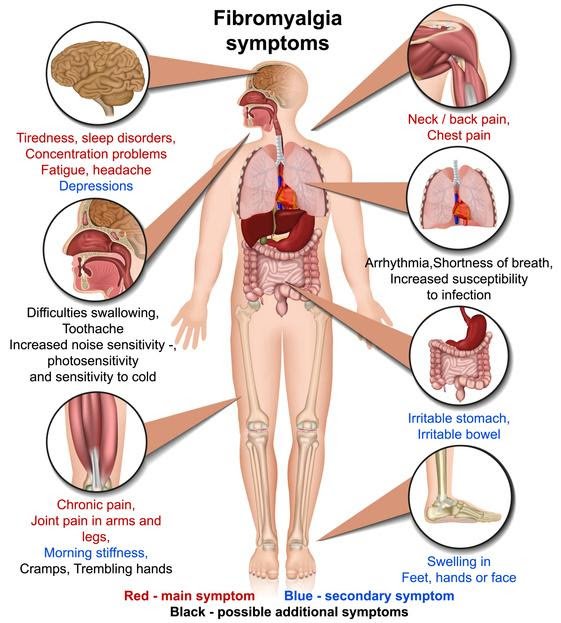The Incredible Antiviral Capabilities of CBD
In the 1990’s ethnobotanist Terence McKenna proposed a theory of human development that he called the Uptake of Novelty theory. The premise was that human culture developed through the uptake of novelty; if some new idea or technique was useful it was adopted. Incredible results from new research on CBD’s potential as an antiviral treatment shows us how the cannabinoid combats RNA virus’. An exciting novel discovery that could change modern medicine’s response in protecting against viral infections.
Early in the pandemic, research from Toronto and Oregon universities looked at treating Covid (SARS-CoV2) with CBD and saw that it could help prevent infection and also fight the virus at a cellular level. Now new research conducted on the Wuhan strain and three other VOCs (Variants of Concern) gave positive results which were consistent across virus strains. Also, it appears that CBD’s antiviral action is capable of fighting other RNA viruses: influenza, Hepatitis C, common cold, measles, mumps and even ebola! (View Source)
The new peer-reviewed research (1) used pure CBD and conducted the study using CBD from four separate suppliers, all of which tested 97% to 100% pure. Human lung cells with ACE2 receptors were treated with CBD two hours before being infected with Covid. The CBD dosage was scaled for safety in humans, it entirely prevented infection.
The same study was conducted on mice, and had the same result, 100% protection result. In a related experiment, mice infected with Covid were given CBD twice daily and showed 40% less viral particles in their lungs than the untreated control group.
This breakthrough study has detailed the actions that CBD takes to protect cells from RNA viruses, here in brief summary:
CBD is a regulator of “host stress” helping the cell respond to infection by activating anti-viral inflammatory response.
Inhibits the release of cytokines which cause the “cytokine storm” of full-blown Covid infection.
CBD and its metabolite (its molecular descendant), 7-hydroxy-cannabidiol is also antiviral and continues to work for a longer period than the initial CBD dose.
CBD acts quickly on viral infection, aiding all the host cell processes: inhibiting viral RNA expression and reversing viral-induced changes in the cell.
The evidence is clear and we hope that more clinical trials will follow and CBD medication will become accepted as protection against, and treatment for, RNA virus infections.
Synergy Wellness acted on the early research and formulated Super Immune Capsules with Dr Moskowitz, using raw CBDa and CBGa, the latter also known to have immune boosting properties. The raw acid forms of the cannabinoids were used as they are more bioavailable than their processed versions.
As the pandemic eases into its endemic status there are plenty of new Covid cases and variants circulating in the world populations.
There is also the future of CBD in regard to the treatment of other RNA viruses, we believe these discoveries will revolutionize treatment for all of these infectious diseases.
Here in California our legislation means we don’t have to wait to use the natural medicine that science has shown to be incredibly effective.
Recommended products:
#241 Synergy Wellness Super Immune Capsules, 25 mg, 30 count.
#657, #658, #359 Synergy Wellness AC/DC CBD capsules 25mg, available in 30, 60, 90 counts.
Resources:
National Library of Medicine - cbda/cbga
Science Advances - new cbd


